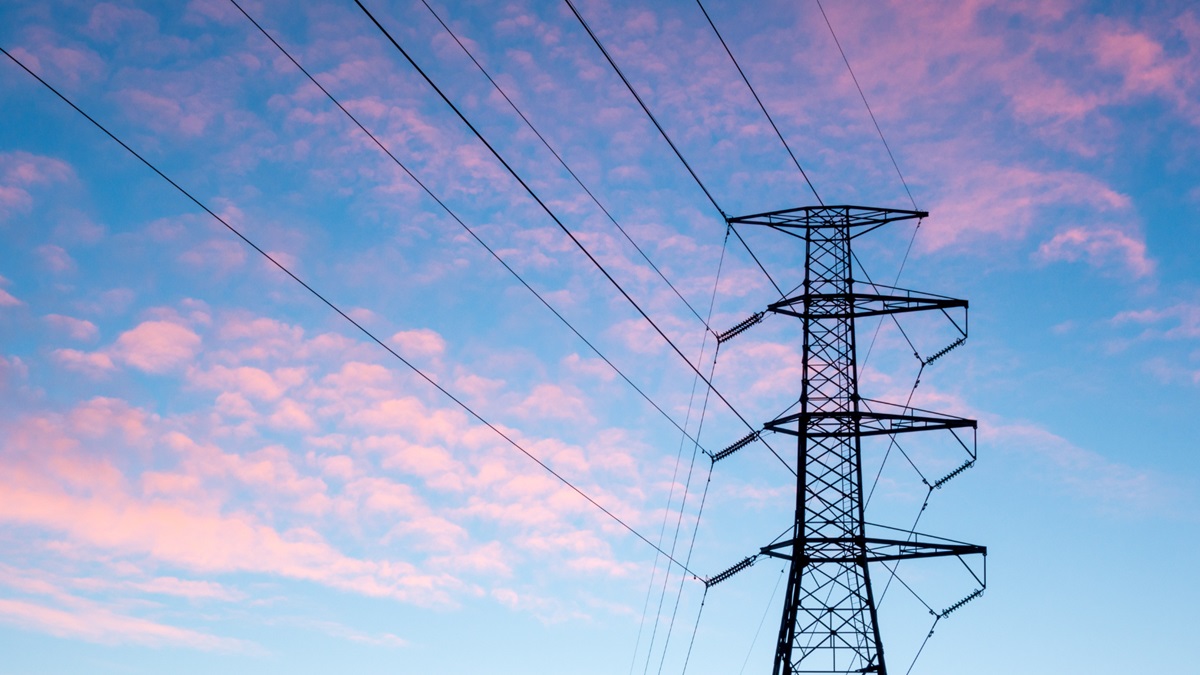Bangladesh’s interim government has disbursed nearly Tk 600 billion in subsidies to clear overdue payments to private power producers, doubling the power sector allocation in the revised budget for fiscal year 2024–25 in a bid to ease pressure on electricity supply and avert system-wide disruptions.
Officials from the Ministry of Finance (MoF) confirmed on Friday that the subsidy allocation had been increased from Tk 360 billion to Tk 620 billion in the revised national budget. The funds were directed to settle mounting arrears—including capacity charges and unpaid electricity bills—owed to independent power producers (IPPs) and rental power plants.
“We have so far released nearly Tk 600 billion to cover outstanding liabilities. The remaining payments will be made upon receiving the final bills for May and June,” said a MoF official, requesting anonymity.
The move comes amid growing fiscal stress and a foreign exchange crunch that has hindered timely payments to foreign and local energy companies. Bangladesh’s forex reserves have dwindled from over $48 billion two years ago to around $22 billion, leaving state-owned Bangladesh Power Development Board (BPDB) dependent on budgetary support to meet its obligations.
The payments, covering a wide range of producers including Adani Power, Bangladesh-China Power Company (Payra), Summit-Meghnaghat, Sembcorp, Aggreko, United Power, and Doreen Power, are being made from both BPDB’s own income and state subsidies. Payments for electricity imports from India, however, are made exclusively from BPDB revenues.
Bangladesh’s power generation capacity is currently about 20,697 megawatts, with 78 private plants contributing 8,778 MW daily. Additionally, the country imports 1,160 MW from India, with Adani Power’s Jharkhand plant supplying the bulk—around 750 MW.
According to government data, capacity payments to IPPs and rentals totalled Tk 783.7 billion between FY2019 and FY2023, with annual payments increasing sharply—from Tk 62.41 billion in FY2019 to Tk 260 billion in FY2023.
These rising payments are viewed as a growing fiscal burden. Most IPPs and rentals use costly heavy fuel oil (HFO) or diesel, leading to procurement costs of Tk 14 to Tk 26 per kilowatt-hour (kWh). In contrast, consumers pay an average of Tk 8.95 per unit, with the average bulk tariff at Tk 7.04—highlighting the extent of the subsidy required to bridge the price gap.
In the national budget for FY2026, the government has proposed a significantly reduced subsidy of Tk 370 billion for the power sector. MoF officials say this reduction reflects a policy shift aimed at phasing out dependency on subsidies through tariff rationalisation and improved financial management of power utilities.










